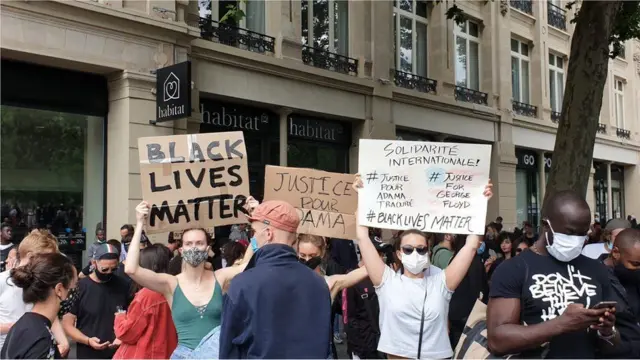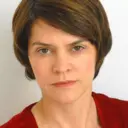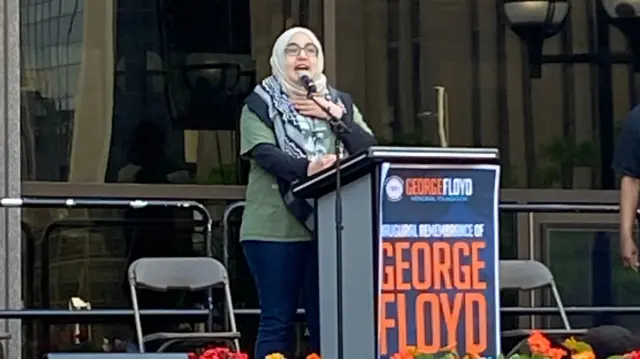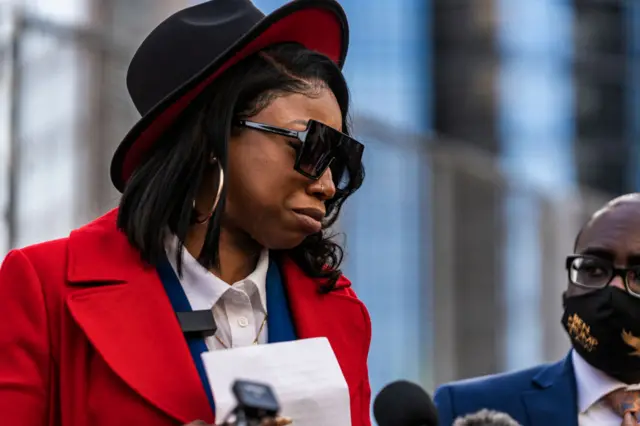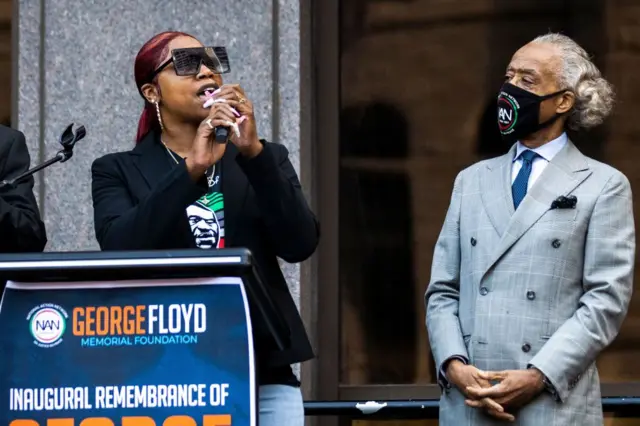George Nkencho: The 'Irish George Floyd'published at 16:15 BST 25 May 2021
Last year another black man called George was killed by a police officer - but his death occurred in Dublin, Ireland.
George Nkencho was shot outside his family’s home. His family says he was in the midst of a mental health crisis.
He had assaulted someone and police say he was carrying a knife.
It was only the sixth fatal shooting by the Irish police in 22 years.
The BBC's Population reporter, Stephanie Hegarty, went to Dublin to see how the killing has exposed tensions in Ireland as a new, diverse community comes of age.
Watch her report below.
George Nkencho killing: 'The door closed and then I heard the shots'
